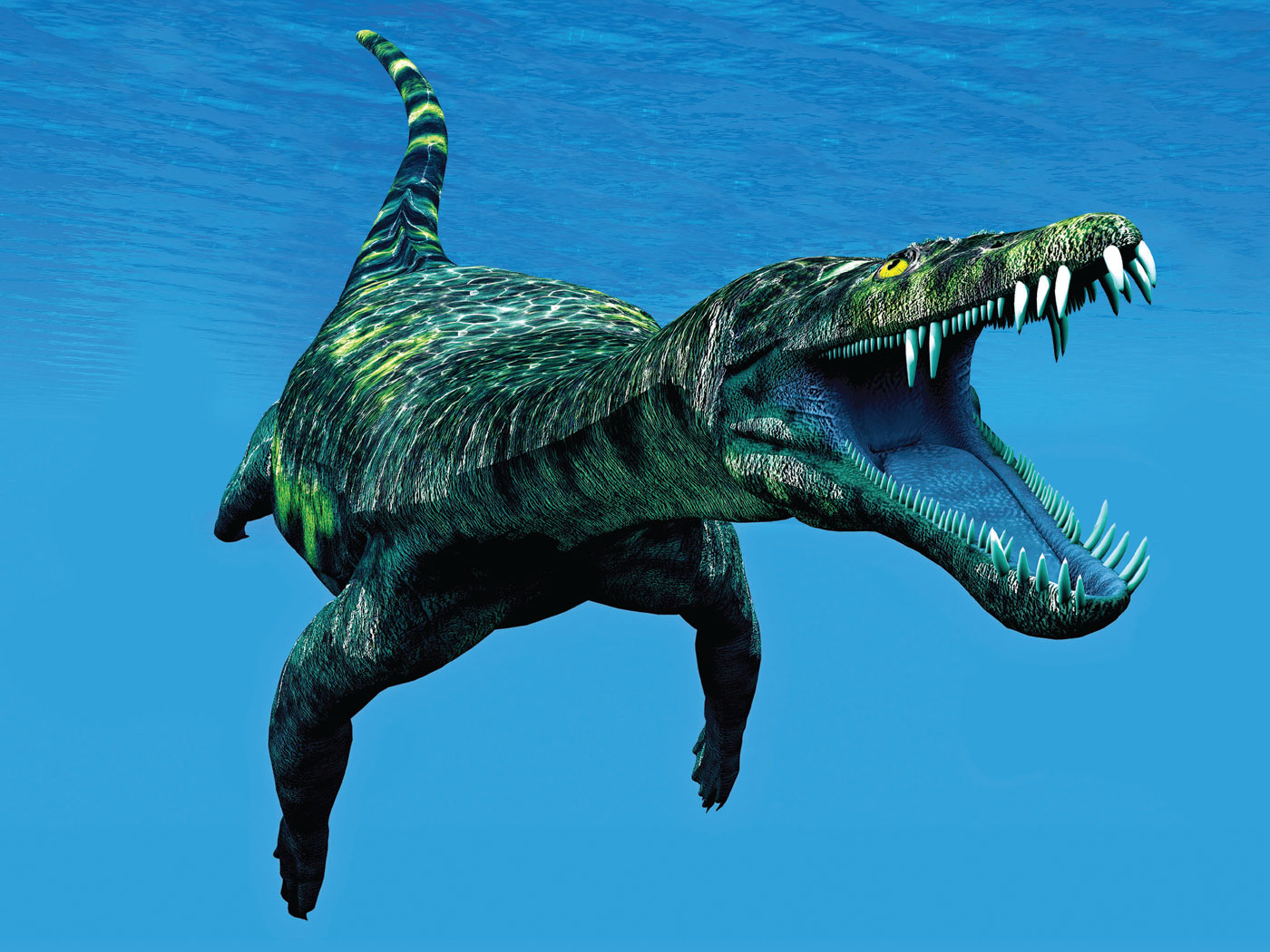Cod fish dominated massive areas of the North Atlantic Ocean until somewhat recently, when their numbers dramatically dwindled due to overfishing. Interestingly, that population decline can be directly attributed to the advice of an outspoken evolutionist.
During the late nineteenth century, cod numbers were diminishing and fishermen were forced to travel farther for fewer fish. They sought counsel from a British Royal Commission on trawling, of which Charles Darwin’s “bulldog,” Thomas Henry Huxley, was a leading member. Huxley advised the fishermen to continue fishing wantonly, calling their complaints “unscientific.”1 He reasoned that only the weak cod would get caught, and the stronger ones left in the ocean would continue to evolve because of their struggle to survive.
Mark Kurlansky, also an evolutionist and author of Cod: A Biography of the Fish That Changed the World, wrote in 2006, “The lesson gleaned from Charles Darwin, especially as interpreted by the tremendously influential British scientific philosopher Thomas Henry Huxley, was that nature was a marvelous and determined force that held the inevitable solutions to all of life’s problems.”1 But whereas Huxley’s “scientific” philosophy made sense to himself and his followers, it did not match the reality of ecosystem, population, and organism dynamics. Kurlansky offered, “The commission also established the tradition in government of ignoring the observations of fishermen.”2 After all, why rely on observations when “science” has already supplied the answers?
Cod still have not recovered from the consequences of Huxley’s ideology. Recently, the World Wildlife Federation (WWF) offered a plan that called for reducing the amount of cod bycatch, which occurs when cod are inadvertently caught by those fishing for other species. The WWF maintains that the fishing industry is not doing enough to give cod a chance to recover.
One problem is that confusion over the definition of “bycatch” has led to inaccurate assessments of how many of which kind of fish are caught in nets intended for other prey. A recent definition offered on the WWF website was, “catch that is either unused or unmanaged.”3 Adherence to a more concrete definition promises to help conservation efforts. The WWF also encouraged the North Atlantic Fisheries Organization to take steps toward “long-term recovery goals” by setting immediate catch reduction numbers and protecting spawning areas from being overfished.4
It is possible that none of this would be a problem today if a century ago the fishing industry was not encouraged to overfish based on evolutionary philosophy. A biblical ideology, in contrast, involves respect and care for all creatures as creations of God. According to the Bible, mankind is accountable to understand and properly manage the resources that God has provided.5 Hopefully, clear and universally applied definitions of bycatch will lead to effective measures that will ensure that cod return and that fish populations are better managed for the benefit of everyone.
References
- Kurlansky, M. 1998. Cod: A Biography of the Fish That Changed the World. London: Penguin Books Ltd., 121-122.
- Ibid, 122.
- Davies, R. W. D. et al. 2009. Defining and estimating global marine fisheries bycatch. Marine Policy. 33 (4): 661-672.
- Europe a key culprit as Grand Banks cod bycatch stalls recovery. World Wildlife Federation press release, April 30, 2009.
- Genesis 1:28.
* Mr. Thomas is Science Writer at the Institute for Creation Research.
Article posted on May 28, 2009.














